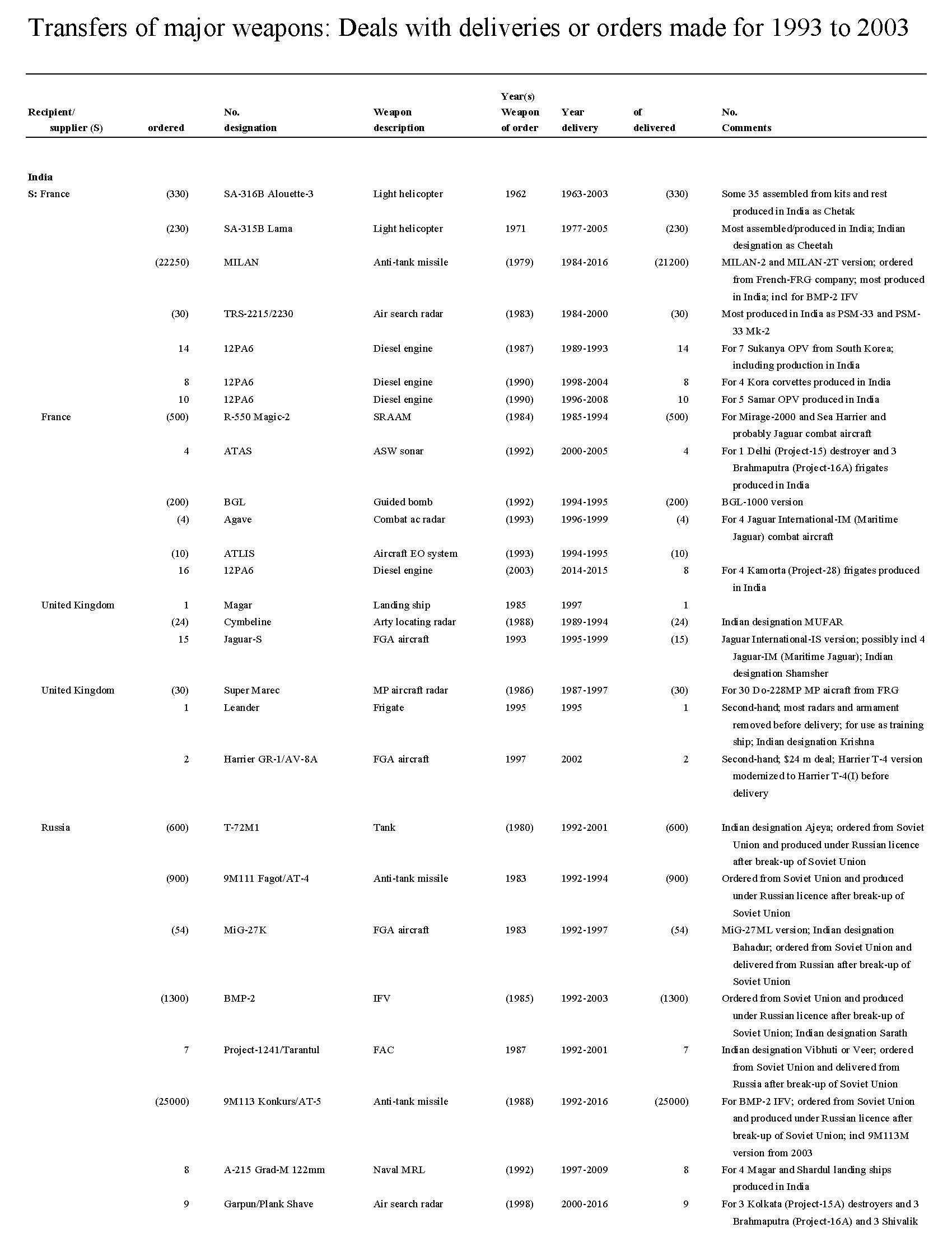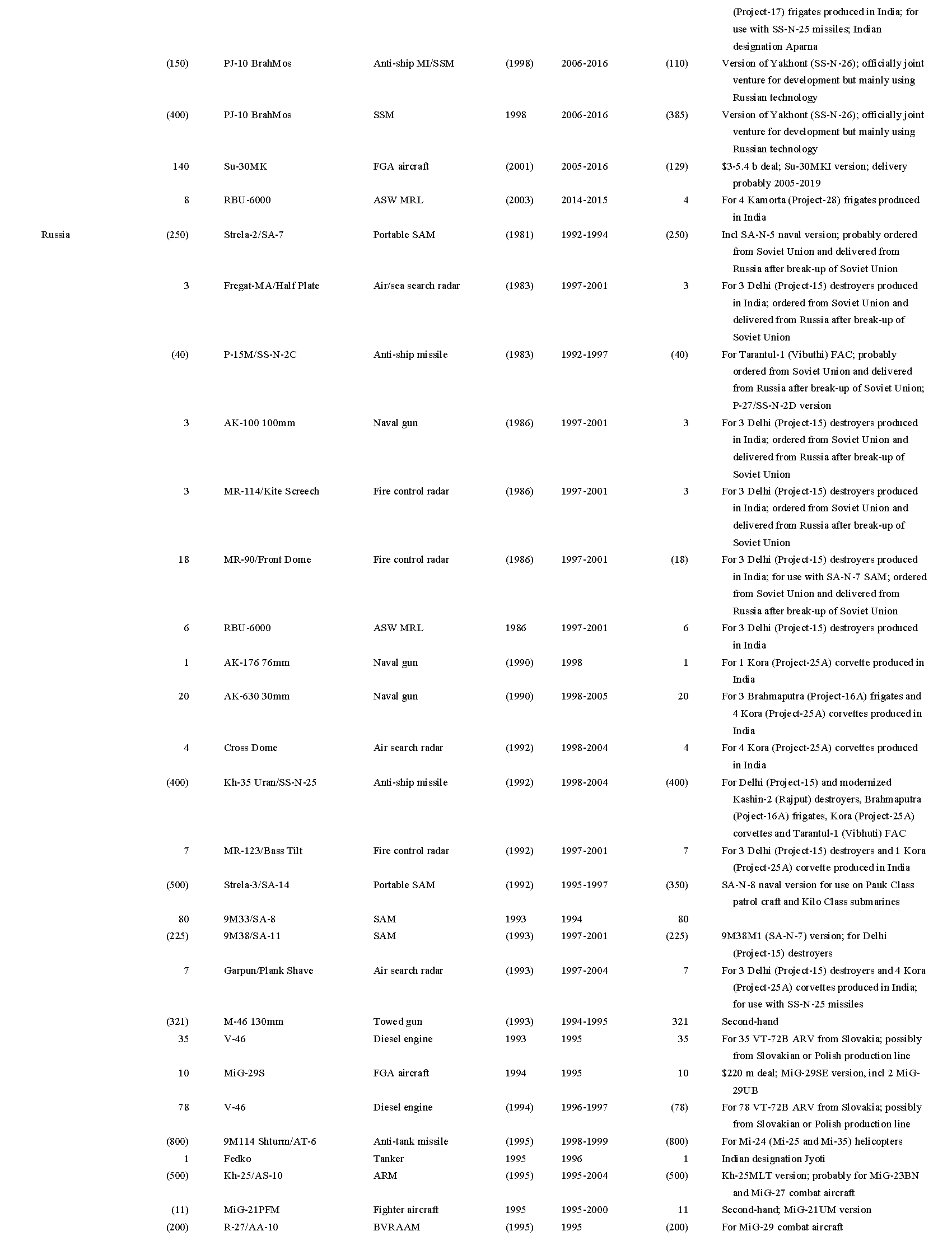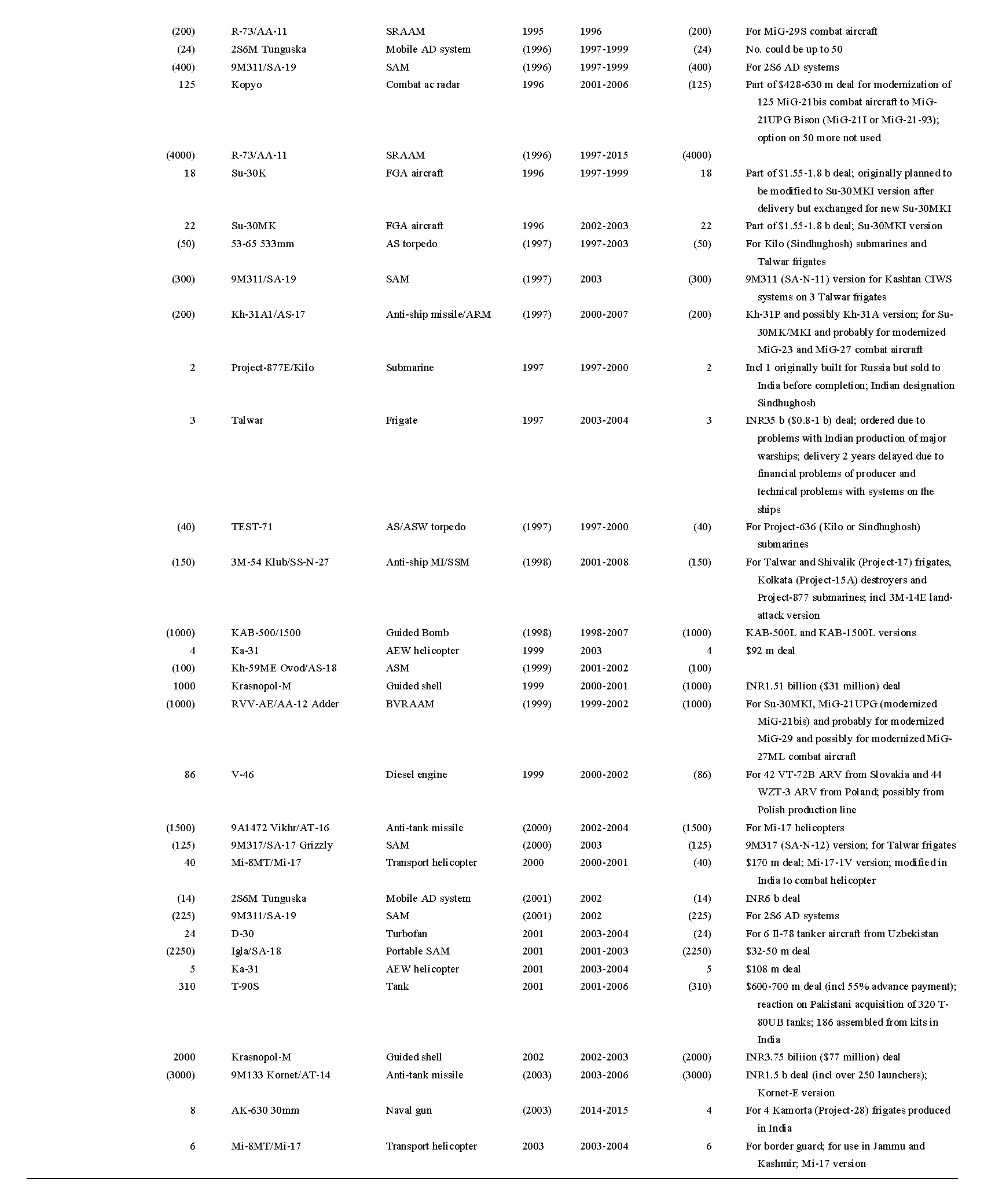In addition to the other good answers and the economic argument: they were not in a position to criticise
France had recently made some tests (1995). The president during these tests, Jacques Chirac, was also president during the indian tests. He had already recieved a lot of criticism for it, both internally an externally, so I guess he did not want to look like a huge hypocrite.
The french press would surely have used this to his disadvantage.
For the two others, it is less clear whether this played a role or not.
The UK made tests until 1991. There had been a change of prime minister since (Tony Blair got elected in 1997). But still, a condemnation could have been seen as inappropriate.
Russia had not made any test since 1991 and the end of the soviet union (that I am aware of; some have been done later under Vladimir Putin). But during that time, it still had the largest nuclear arsenal in the world.
Note that considering the economic performance of the Russian federation in 1998, the economical argument was probably more valid for them.


